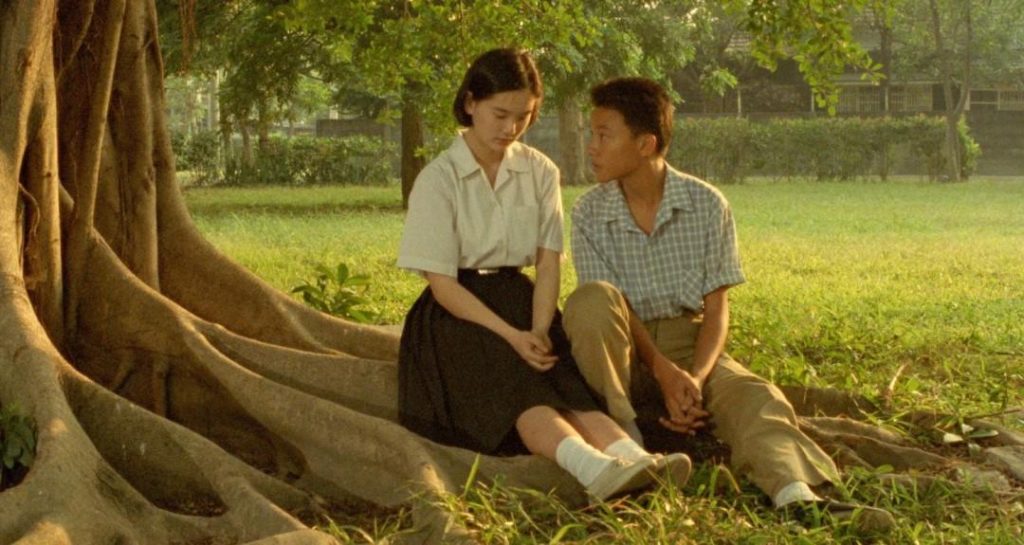
The shift from Yi Yi to A Brighter Summer Day is one of the more surprising changes to the 2020 version of the Arts & Faith Top 100.
The former was on every previous version of the Arts & Faith list. The latter, initially released in 1991, had not been on any previous version. Given that the 2020 list is the first to limit voters to just one film from a director, the preference for Brighter over Yi Yi is surprising. Of the ten films that were omitted in 2020 after having made every other Top 100, six initially made the cut when a two film per director limit was proposed. A seventh, The Dekalog, was deemed a television series and hence ineligible. Denys Arcand’s Jesus of Montreal fell off the list for the first time, and David Lynch’s The Straight Story was also a surprise omission.
The omission of Yi Yi and The Straight Story suggests a voter base that was more malleable about which film represented a director than about which directors it considered “spiritually significant.” Add to that the fact that A Brighter Summer Day was not as widely known until The Criterion Collection made it available in America in 2016, and we are part of the way to understanding the substitution.
But not all the way.
Yi Yi is more of a family drama, and those have historically done very well in the Top 100. Ordet, the returning film in the #1 slot, mediates cultural and religious changes through domestic drama. Take a look at the films new to the Top 10, however, and one notices a shift in preferences. Scope and scale are increasingly associated with spiritual depth: Silence, Of Gods and Men, and Tree of Life are all longer than average films that depict the individual characters as pieces of a much larger global mosaic. Do The Right Thing is unabashedly political in its themes and tone. Voters opted for Andrei Rublev is one of Tarkovsky least accessible films, but it is unquestionably drawn on a larger canvass than is Stalker.
A Brighter Summer Day, then, is part of a trend toward favoring films with political as well as culturally religious themes. And while binge-watching forty-five minute television episodes has further eroded viewers’ attention spans, we still long for sweeping, epic films, that help us make sense of the big, crazy world and our part in it. It is the story of a boy, yes, but the opening intertitle emphasizes that it is also the story of a cultural migration, the story of how quickly the place we call home can change the parts of our identity we’ve assumed were immutable and immortal.
Perhaps it also depicts how easily family gets displaced in the 20th (and now 21st) Century — by gangs, by jobs, by the increasingly difficult task of staying alive. It is a film that deserves its place on this list, both for what it is and for how it illustrates the ever-changing qualities that we value most in our art. — Kenneth R. Morefield
- Directed by: Edward Yang
- Produced by: Wei-Yen Yu
- Written by: Hung Hung Mingtang Lai Alex Yang Edward Yang
- Music by: Hongda Zhang
- Cinematography by: Hui Kung Chang Longyu Zhang
- Editing by: Po-Wen Chen
- Release Date: 1991
- Running Time: 237
- Language: Mandarin, Min Nan, Shanghainese
Arts & Faith Lists:
2020 Top 100 — #55